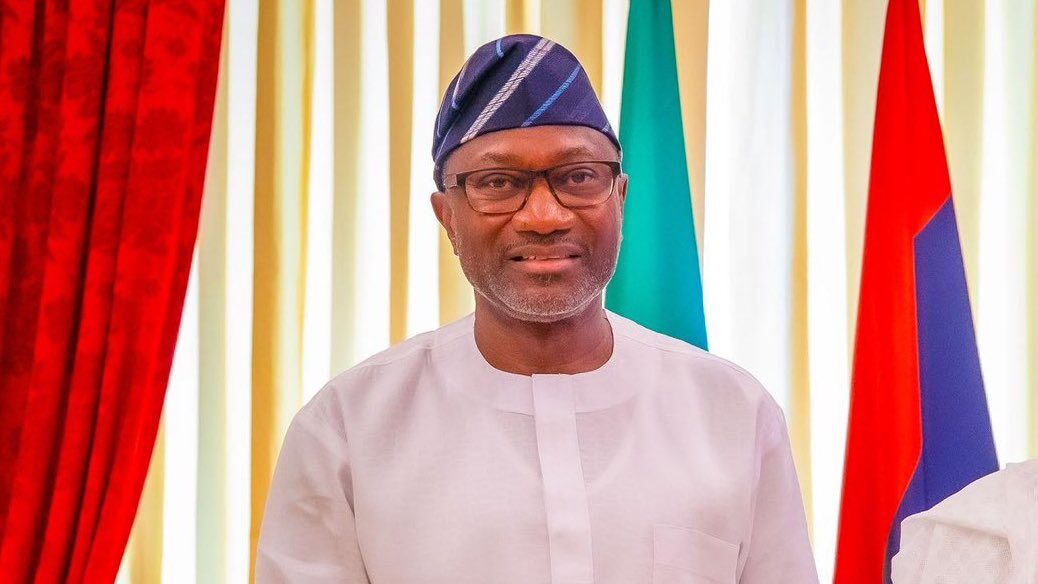The new subject combination is uncoordinated and senseless, contends
ELVIS EROMOSELE
The West African Examinations Council (WAEC) has once again stirred public outcry, this time over its newly released subject combinations for the 2026 examination. In what appears to be a hurried and poorly thought-out reform, WAEC has reordered subjects in a manner that defies logic, stifles student choice, and risks undermining years of learning.
At first glance, the new structure appears harmless, perhaps an attempt to align subjects more neatly by discipline. But a closer look reveals an alarming lack of coordination. Under the new arrangement, science students can no longer take Economics, a subject that has traditionally bridged the gap between science and the social sciences. Even more baffling, students in the Humanities are also excluded from offering Economics.
According to the new subject list, only students in the Business department are allowed to take Economics.
The biggest question is, why now? Why force Nigerian students, many of whom are already preparing for their final year, to adjust to such a radical change in less than a year? The 2026 WAEC exam is barely months away, yet the Council expects students to abandon subjects they have studied since SS1. How does that support learning, fairness, or excellence?
Education reforms, by their nature, should be gradual, well-communicated, and rooted in consultation. This one feels like the exact opposite: hasty, disorderly, and devoid of empathy. No public engagement. No clear transition plan. No explanation of the rationale. Instead, students, parents, and teachers are left scrambling for answers.
Take, for instance, the case of a science student who has taken Economics since SS1, a student who dreams of studying Agricultural Economics or Environmental Management at the university. Under this new arrangement, the student can no longer sit for Economics in WAEC, despite two full years of preparation. How do you explain to such a student that their effort no longer counts?
Likewise, students in the Humanities, those in Literature, Government, or History, are also barred from taking Economics. In a world where interdisciplinarity is increasingly valued, WAEC seems to be doing the opposite: erecting walls between knowledge areas instead of building bridges.
The question must be asked: Whose interest is WAEC serving with this sudden change? It certainly doesn’t appear to serve the interests of Nigerian students. Nor does it seem aligned with the goals of educational development. On the contrary, it looks like another top-down directive, conceived without sufficient input from the real stakeholders, teachers, students, parents, or curriculum experts.
Education should open doors, not close them. It should encourage curiosity, not conformity. Yet, this new subject combination does exactly the opposite; it limits opportunity. By narrowing who can take certain subjects, WAEC is effectively dictating career paths for young people before they’ve even had the chance to decide for themselves. This is completely unacceptable.
WAEC’s mandate is to assess learning, not to restrict it. Its role is to measure what students have been taught, not to alter the structure of learning midway. When an examination body starts dictating what subjects belong to which departments, and does so without adequate preparation or consultation, it crosses into policymaking territory best left to curriculum development agencies and ministries of education. The Minister of Education must step up to the plate and intervene. He can’t allow WAEC to usurp the role of his ministry.
Furthermore, such abrupt changes can have serious implications for university admissions. Many Nigerian universities require Economics as a prerequisite for a wide range of disciplines beyond Business, including Geography, Sociology, Political Science, and several hybrid courses. The new WAEC arrangement could inadvertently disqualify deserving candidates from pursuing these courses.
There’s no denying that reform is necessary. Nigeria’s education system needs periodic review to reflect evolving realities. But reform must make sense. It must be student-centred, data-driven, and inclusive. It must prioritise learners’ needs and ensure that every student, regardless of department, has access to subjects that support their dreams and potential.
The new WAEC subject combination fails all these tests. It is, at best, an administrative experiment carried out without foresight. At worst, it is an educational injustice that undermines the principles of fairness and equity.
WAEC must go back to the drawing board. It must engage teachers, parents, and education policymakers across the member countries. It must publish clear justifications for any change and provide enough time for schools and students to adjust. Most importantly, it must restore flexibility, allowing students to select subjects across disciplines in line with their aspirations.
Any reform of this magnitude should involve proper alignment with the National Universities Commission (NUC), especially as it directly affects university admission requirements and subject combinations. I doubt this is the case here.
Nigerian students deserve better. They deserve a system that empowers, not limits them. Education is the bridge to opportunity; WAEC should not be the one tearing it down.
Until WAEC makes this make sense, this reform remains what it is, a hasty, uncoordinated, and disserviceable disruption to the nation’s educational fabric. For now, the implementation must stop!
Eromosele, a corporate communications expert and sustainability activist, authored this through elviseroms@gmail.com.



